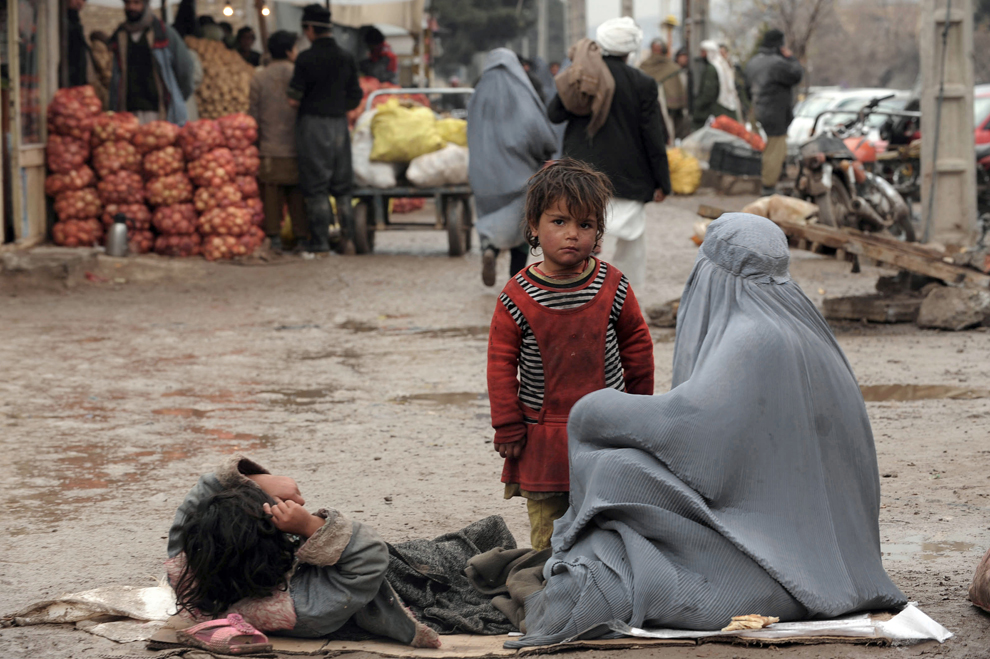Afghanistan’s dependence on Pakistan for trade, supply routes, and aid remains a pressing issue. The Taliban-led government faces growing regional tensions. Most goods entering Afghanistan, including food and fuel, come through Pakistan’s borders. In times of conflict, Pakistan could disrupt these routes, creating severe economic problems for Afghanistan.
Humanitarian aid, such as medical supplies and international assistance, also depends on Pakistan’s cooperation. Any sanctions or trade blockades from Pakistan could push Afghanistan into a deeper humanitarian and economic crisis.
Since taking power in 2021, the Taliban government has faced isolation on the global stage. Western nations refuse to recognize the regime due to its harsh policies, human rights abuses, and enforcement of tribal laws. Despite widespread condemnation, Pakistan continues to engage diplomatically with Afghanistan. This relationship provides the Taliban with some international legal recognition.
Pakistan’s military is equipped to target insurgent groups and Taliban factions inside Afghanistan. However, it avoids direct military action against the neighboring country. Still, Pakistan reserves the right to act against any group threatening its security, especially those linked to anti-Pakistan terrorism.
For decades, Pakistan has hosted millions of Afghan refugees, offering them shelter, healthcare, and education. This has placed immense financial and social strain on the country. Unlike other nations that shut their borders or imposed strict measures, Pakistan has avoided forcing a large-scale refugee return. Expelling refugees could trigger further instability in Afghanistan.
By hosting Afghan refugees, Pakistan helps avert an immediate humanitarian disaster in the region. Additionally, resistance groups like the National Resistance Front (NRF) challenge the Taliban’s authority. These groups often rely on Pakistan’s support in their fight against the Taliban.
Pakistan also operates a vast intelligence network inside Afghanistan and among refugees. This network supports resistance movements opposing the Taliban. For these groups, Pakistan’s backing is critical in their struggle. Pakistan also advocates for dialogue among Afghan factions to resolve conflicts diplomatically.


